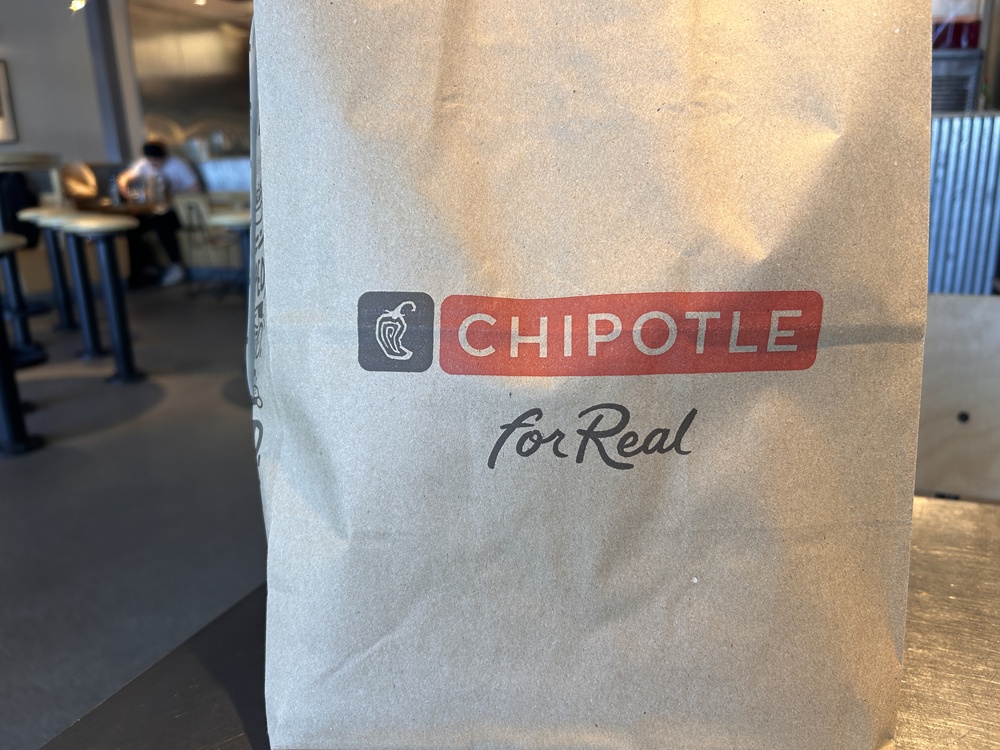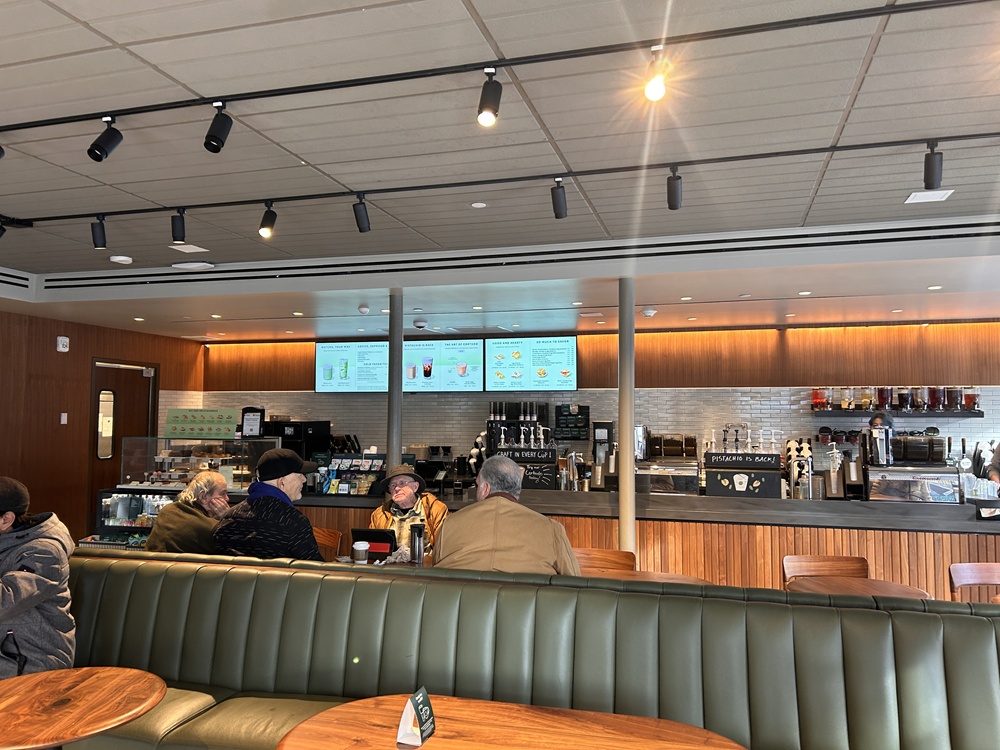We Exclusively represent buyers
NNN Commercial Properties for Sale
Imagine owning an investment property where the tenant is responsible for virtually all operating expenses. You, the investor, simply enjoy the monthly cash flow. This is the appeal of NNN properties—also known as triple net lease properties—which is a commercial real estate investment that is highly favored in the net lease investment sector for their stability, passive income potential, cash flow and low management burden.
In a triple net lease, the tenant agrees to pay not only the base rent but also the property taxes, insurance premiums, and maintenance costs. This structure makes NNN lease investment opportunities particularly attractive for investors seeking predictable, long-term cash flow with minimal day-to-day involvement.
Whether you’re a seasoned commercial real estate investor or just beginning to explore net lease properties for sale, understanding the financial dynamics, tenant profiles, and market trends associated with triple net lease investments is essential.
"*" indicates required fields
What is a NNN Lease?
A NNN lease—short for triple net lease—is a form of net lease where the tenant agrees to cover three primary categories of expenses in addition to the base rent:
- Property taxes
- Insurance premiums
- Maintenance and repairs
This arrangement significantly reduces the landlord’s financial responsibility and creates a passive income stream. These leases are typically associated with single-tenant buildings occupied by national credit tenants such as Walgreens, Burger King, Chipotle, Dollar General, Sherwin Williams, Starbucks and other types of retail properties.

Single, Double, and Triple Net Leases Explained
It’s important to understand the spectrum of net lease types:
Single net lease (N): Tenant pays property taxes.
Double net lease (NN): Tenant pays property taxes and insurance.
Triple net lease (NNN): Tenant pays property taxes, insurance, and maintenance.
Absolute net lease (NNN): Tenant pays property taxes, insurance, and maintenance as well as roof and structure issues.
Of these, the triple net lease property types offer the greatest advantage to landlords due to its pass-through structure. For investors seeking reduced operating costs and low maintenance responsibilities, triple net leases are often the preferred choice.

Typical Tenants in NNN Lease Properties
The most common tenants in NNN lease agreements are national retailers, fast-food chains, automotive service providers, and pharmacies. These include:
- CVS Pharmacy
- Walgreens
- Subway
- 7-Eleven
- Dollar General
- O’Reilly Auto Parts
- Taco Bell
- Chick-fil-A
- Wendy’s
- Caliber Collision
These tenants typically sign long-term leases—often 10 to 25 years—with built-in rent escalations and renewal options, making them ideal for investors focused on consistent, long-term real estate investment returns without ever having to worry about occupancy.
Advantages of Triple Net Lease Investments
Steady, Passive Income
With tenants covering the major operating costs, the landlord receives predictable cash flow with fewer financial surprises.
2Minimal Management Responsibility
Unlike CRE properties like multifamily and gas stations, the tenant handles everything from property maintenance to insurance, so there is little need for active oversight. This makes NNN properties especially appealing to remote investors and retirees.
Long-Term Lease Agreements
Most NNN properties come with long-term leases—often guaranteed by the corporate entity—offering strong income stability and reduced tenant turnover. (Check with your brokerage company before submitting an offer)
Cap Rate Transparency
Investors can easily calculate a property’s value using the cap rate (capitalization rate), which is the ratio of net operating income (NOI) to the purchase price. NNN properties typically trade between a 5.0% and 7.5% cap rate, depending on tenant creditworthiness, location, and lease length.
Tax Benefits
Depreciation and interest deductions associated with commercial real estate ownership can provide investors with meaningful tax advantages. Bonus depreciation on car washes or properties in an opportunity zone can provide additional tax benefits.
Cons of Triple Net Lease Properties for Landlords
Tenant Credit Risk
A long-term lease is only as good as the tenant behind it. If a tenant defaults or goes bankrupt, the landlord could be left covering expenses during vacancy.
Market Shifts and Economic Cycles
Retail-centric NNN investments can be impacted by consumer trends, e-commerce growth, and local economic changes. A property leased to a fast-casual chain may become less valuable if foot traffic declines. However, properties in a good location have great value-add opportunities for the knowledgeable investor.
Vacancy Exposure
Unlike multi-tenant properties, single-tenant NNN investments lack diversification. When a property goes vacant, 100% of rental income is lost until it’s re-released.
Lease Restrictions
Certain leases may have value-add limitations to reposition the property. This can affect resale value and adaptability to changing tenant needs.
NNN Market Trends: Where Investors Are Buying
Nationwide
The demand for net lease properties continues to rise as more investors look for stable, income-producing assets. According to data from Crexi and LoopNet, there has been a growing appetite for single-tenant NNN properties in suburban and secondary markets where cap rates are slightly higher and competition is lower.
State Spotlight
Texas: Texas offers favorable business regulations and no state income tax. Cities like Austin, Houston, and Dallas have become magnets for NNN retail developments.
Florida: With high population growth and tourism, Florida sees strong demand for retail-oriented triple net investments. Cities like Orlando and Tampa are hotspots for NNN property for sale.
California: Although operating expenses and property taxes are higher, NNN properties in California command lower cap rates due to high demand, particularly in metro areas like Los Angeles and San Diego.


Key Financial Metrics: What to Know
A property’s cap rate is one of the most important metrics in real estate investment. It helps investors compare potential returns across properties. For example, a Walgreens with $250,000 in NOI and a $4 million price tag has a 6.25% cap rate.
Net Operating Income (NOI)
In a NNN lease, NOI equals base rent, since tenants pay for all other operating costs. This simplifies underwriting and forecasting for investors.
Lease Term and Rent Escalations
Lease terms typically range from 10 to 25 years, often with 10% rent bumps every 5 years or 2% annual escalations. These increases help landlords stay ahead of inflation.
Comparing NNN to Other Investment Strategies
NNN investments provide a unique middle ground between owning direct commercial real estate and buying into REITs or crowdfunding platforms.
NNN vs. Traditional Real Estate
Traditional residential rentals require active property management, emergency maintenance, and direct tenant interaction. NNN properties offer a hands-off approach with long-term leases and corporate-backed tenants.
NNN vs. REITs
Real Estate Investment Trusts (REITs) offer diversification but lack direct ownership. With NNN properties, you control the asset, benefit from depreciation, and can negotiate lease terms directly.
NNN vs. Crowdfunding
Crowdfunding platforms allow small-dollar investment into large commercial assets. While appealing for diversification, they don’t offer the same autonomy or tax benefits as directly owned NNN properties.

Tips for Investing in NNN Lease Properties
Vet the Tenant
A tenant’s credit rating and financial history are critical. Look for investment-grade tenants or strong regional operators with a proven track record.
Understand the Lease
Read the lease agreement thoroughly. Ensure it includes expense responsibilities, rent escalations, renewal options, and guarantees.
Location Matters
Even with national tenants, location drives long-term value. Properties near signalized intersections, shopping centers, or within high-growth areas often appreciate faster.
Check Comparable Sales
Look at similar net lease properties for sale in the market to evaluate pricing, cap rates, and tenant profiles.
Build a Diversified Portfolio
Owning several single-tenant NNN leases across industries (pharmacy, fast food, auto service, etc.) can help minimize risk and boost returns.
Final Thoughts: NNN Commercial Properties
Triple net lease investments provide a powerful combination of predictable rental income, tax advantages, and passive management. As part of a diversified real estate investment strategy, NNN properties can serve as a foundation for financial growth and wealth preservation.
With thousands of NNN commercial properties for sale across the U.S., and new development continuing in strong retail markets, now may be the ideal time to consider this time-tested asset class.